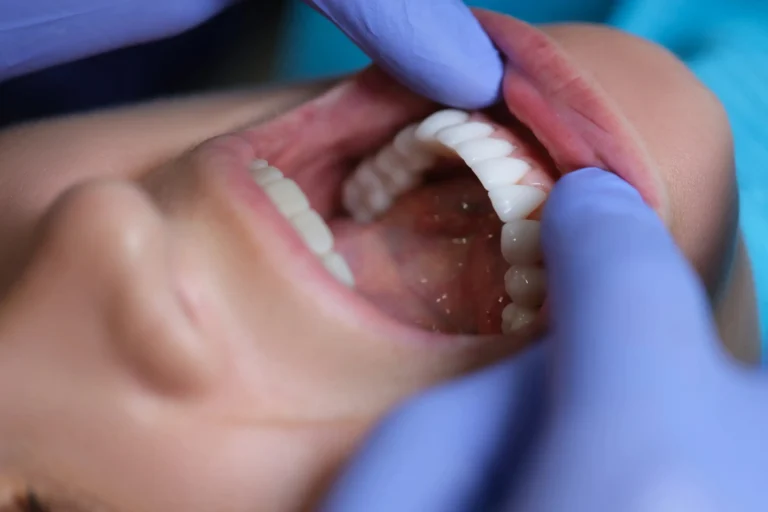Are you scared about going to the dentist? Do you find yourself avoiding making appointments? Do you ignore toothache in the hope it goes away without treatment? If you relate to these things, you may experience dental phobia.
If you experience feelings of anxiety about dental care, you’re not alone. Dental phobia is a very real problem faced by many. But if it’s something you experience, trying to overcome it is important. You could face a lifetime of oral health issues without proper dental care.
So, if you’re scared of the dentist, how do you get over it?
Let’s discuss dental phobia and share some proven techniques for fighting the fear so you can enjoy a lifetime of healthy smiles.
What Is Dental Phobia?
Dental phobia, or dental anxiety, is a very real problem that affects a large percentage of the population. If you have this phobia, you may have varying degrees of anxiety about visiting the dentist or receiving treatment.
For some, the impact is felt when just thinking about visiting the dentist, while others may feel a heightened sense of panic when they’re in the clinic.
Why Am I Scared of the Dentist?
There are several reasons why you may have developed a phobia of dentistry. Understanding the cause in your case can help you work out the path to take to overcome it.
Sometimes, the anxiety stems from a negative experience you’ve had at some point in your life, while others may experience a phobia based on other people’s fears. For example, if your parents or siblings had a dental phobia, or you’ve been exposed to lots of negative messages about dentistry throughout your life.
Your phobia may centre around pain, the equipment we use, the sense that you’re not in control when you’re in the dentist’s chair, or fears that you may gag.
Why Is It Important To Face My Dental Phobia?
You might go through much of your life without facing any dental problems, and every checkup gives your smile a clean bill of health. But this is rare, and most people experience some dental issues at some point, no matter how good their oral hygiene routine is.
A dental checkup helps us spot problems early while they’re at their most straightforward to treat. Often, early detection means a problem can be averted without any procedures. For this reason, it’s always a good idea to attend checkups regularly.
But when dental problems do occur, we need to treat them. Without intervention, a toothache may become a far worse problem, which affects more than just your smile. For example, dental infections can enter the bloodstream and cause sepsis, a potentially fatal condition which affects your vital organs.
Typically, the more pain you experience due to a dental problem, the more anxious you are likely to become.
What Can I Do To Overcome My Dental Fears?
Talk to Us About Your Anxiety
The good news is that it’s possible to overcome dental phobias. The first step is to think about what you’re scared of specifically. Book an appointment to talk to us about your fears. The more we know about your worries, the better we can help you.
Sometimes, we can make accommodations to help you, and we can certainly take breaks or go slower when you feel most anxious.
Don’t Come Alone
If possible, bring someone you know and trust for moral support. This could be your best friend, a family member, or your partner. In the moments you feel most anxious, having them there with you can help you to relax.
Use Distractions
Distractions can help take your mind off your appointment or procedure. Bring a book, magazine, puzzle, or a game and listen to music, podcasts, or audiobooks through some headphones while you wait.
Use Mindfulness and Grounding
In your most anxious moments, mindfulness and grounding can help you find a sense of calm. Deep breathing techniques, body scans, and activities that help you focus your mind can stop feelings of anxiety and prevent your mind from playing through any worst-case scenarios.
Seeking Further Help
More advanced phobias may require assistance from a doctor or trained therapist. Your GP may be able to prescribe medication to help manage your anxiety, while a counsellor can provide talking therapy that either tackles the root causes of your phobia or changes your outlook on dentistry.
Compassionate Dental Care In Ipswich
Dental care is important, and even if you’re scared, you shouldn’t skip checkups or essential treatments. We’re here to help. Our understanding and caring team are here to listen to your needs and support you in any way you need. By following the advice in this guide and with our help, you could reduce the anxiety you experience.
Contact us today to book your next appointment.



